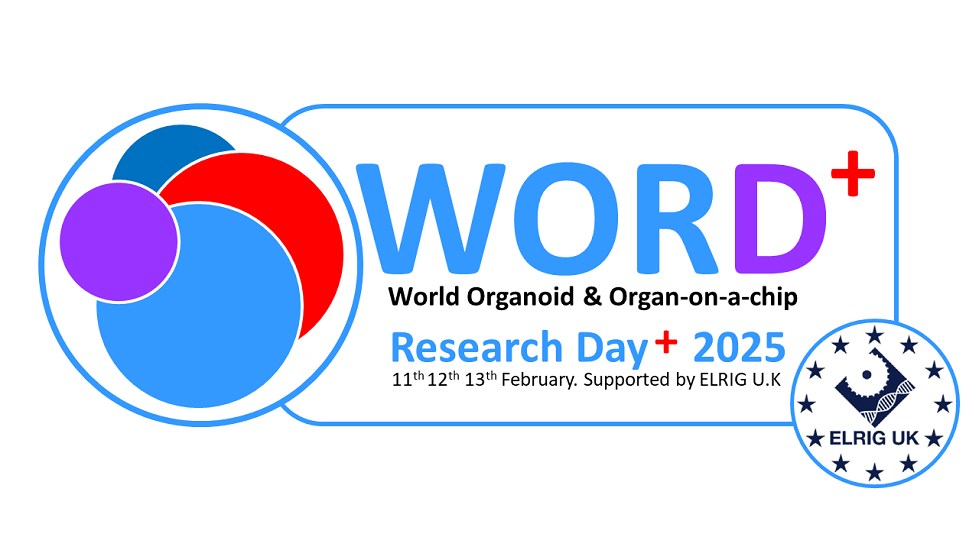Authors
N Joshi1; J Griffiths1; C Collins1; J Doran1; A Yeung1; H Rogers1; C Beaver1; A Beck1; M Garnett1;
1 Wellcome Sanger Institute, UK
Overview
Current models in cancer research fail to provide a wider representation of patient -specific disease types which often lead to unsuccessful therapeutic interventions and aggression of the disease. The Sanger Institute, as part of the Human Cancer Model Initiative, led the effort to generate patient-derived cancer organoid models supplemented with clinical and genomic data.
Introduction
As part of the Human Cancer Model Initiative, the Sanger Institute aimed to derive a physiologically relevant cancer organoid biobank from various types of cancers, including colon, oesophageal, pancreatic, mesothelium, ovarian and gastric, along with their associated metastases. Downstream applications included CRISPR screening, IHC, RNA Sequencing, Whole Genome Sequencing, Fluidigm QPCR and Drug Screening.
Methods
Patient samples received from different clinical sites across UK were digested and plated into hydrogel domes submerged in conditioned mediums. Matched tissue and blood samples were saved at this stage for sequencing. Once organoid formation was observed, they were propagated to a minimum of 25 million cells, cryopreserved and then underwent quality control assays to assess the fundamental attributes of the disease model generated.
Results
After successfully banking 280 cancer organoid models the project reached its completion in October 2023. The focus was then shifted to deriving models from Ovarian, Gastric and Mesothelioma for enriching the existing under-represented biobank. Having achieved the milestone, the project is now focusing on sending QC-passed models to ATCC and also returning models back to host clinical sites.
Conclusion
The project enriched the current repository of 3D cancer organoid models representative of patient cancer types.

